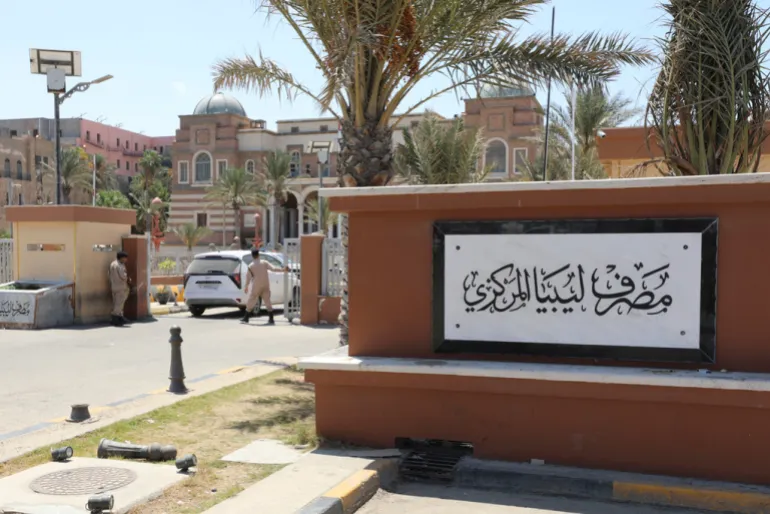Libya’s Central Bank: A fresh start after years of turmoil

In a move welcomed by the United Nations, Libya’s Central Bank has a new Board of Directors. The appointments, announced on Monday by the Presidency of the House of Representatives, follow a United Nations-brokered agreement and represent a vital step towards stabilising the nation’s turbulent economy.
The new board faces a formidable challenge. It must unify a bank that has been divided for years, operate with transparency and accountability, and implement sound monetary policies to curb inflation and stabilise the Libyan dinar.
“This marks a significant step,” the United Nations Support Mission in Libya (UNSMIL) said in a statement on Tuesday, emphasising the importance of an independent central bank for managing Libya’s financial health and fostering international confidence.
The board will be under scrutiny to avoid political interference and conflicts of interest, UNSMIL noted, urging the adoption of recommendations from a U.N.-backed international financial review and consultations with the International Monetary Fund.
Libya, still grappling with the aftermath of the 2011 uprising that ousted Colonel Muammar el-Qaddafi, has endured years of political and economic instability. A unified and well-functioning central bank is seen as essential to rebuilding the country and attracting foreign investment.
While the appointments are a positive development, challenges remain. The board must navigate a complex political landscape and implement difficult reforms.
The international community will be watching closely to see if this new leadership can guide Libya towards a more prosperous future.
How to submit an Op-Ed: Libyan Express accepts opinion articles on a wide range of topics. Submissions may be sent to oped@libyanexpress.com. Please include ‘Op-Ed’ in the subject line.
- HoR hears from prime ministerial candidates - May 28, 2025
- AU pushes for lasting truce after Tripoli clashes - May 24, 2025
- Libyan entities dispute financial transfer allegations - May 24, 2025


